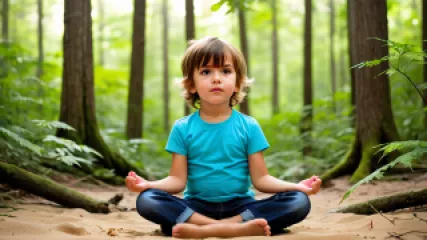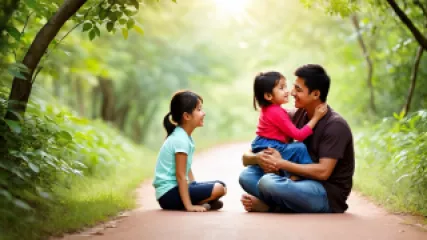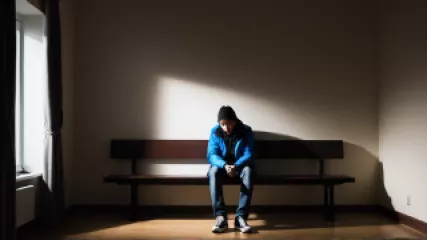7 Lessons from 'The Help' to Boost Your Positive Thinking
1 year ago
Positive Thinking
Proven Strategies to Help Kids Manage Anger
1 year ago
Handling Anger in Children
Navigating Family Conflicts with Compassion: A Roadmap to Resolution
1 year ago
Family Conflict Resolution
Unlocking Emotional Expression: A Research-Driven Approach
1 year ago
Expressing Feelings Effectively
How to Embrace Nature-Based Therapy for Improved Mental Health
1 year ago
Nature And Mental Health
Exploring the Link Between Nature and Mental Health: A Research Summary
1 year ago
Nature And Mental Health
Overcoming Social Isolation: Life Lessons from Castaway
1 year ago
Social Isolation Effects
Lessons from 'Peaceful Family' Movie for Resolving Conflicts
1 year ago
Family Conflict Resolution
Overcoming Social Isolation: A Step-by-Step Guide
1 year ago
Social Isolation Effects
The Profound Effects of Social Isolation: A Research Summary
1 year ago
Social Isolation Effects
Addressing Eco-Anxiety through Environmental Psychology
1 year ago
Environmental Psychology
How Self-Expression Therapy Helps People Communicate Feelings Effectively
1 year ago
Expressing Feelings Effectively
Building Strong Adoptive Family Dynamics: A Step-by-Step Guide
1 year ago
Adoptive Family Dynamics
How to Resolve Conflicts in a Peaceful Family
1 year ago
Family Conflict Resolution
10 Proven Strategies for a Lasting Self-Esteem Boost
1 year ago
Self Esteem Boost















